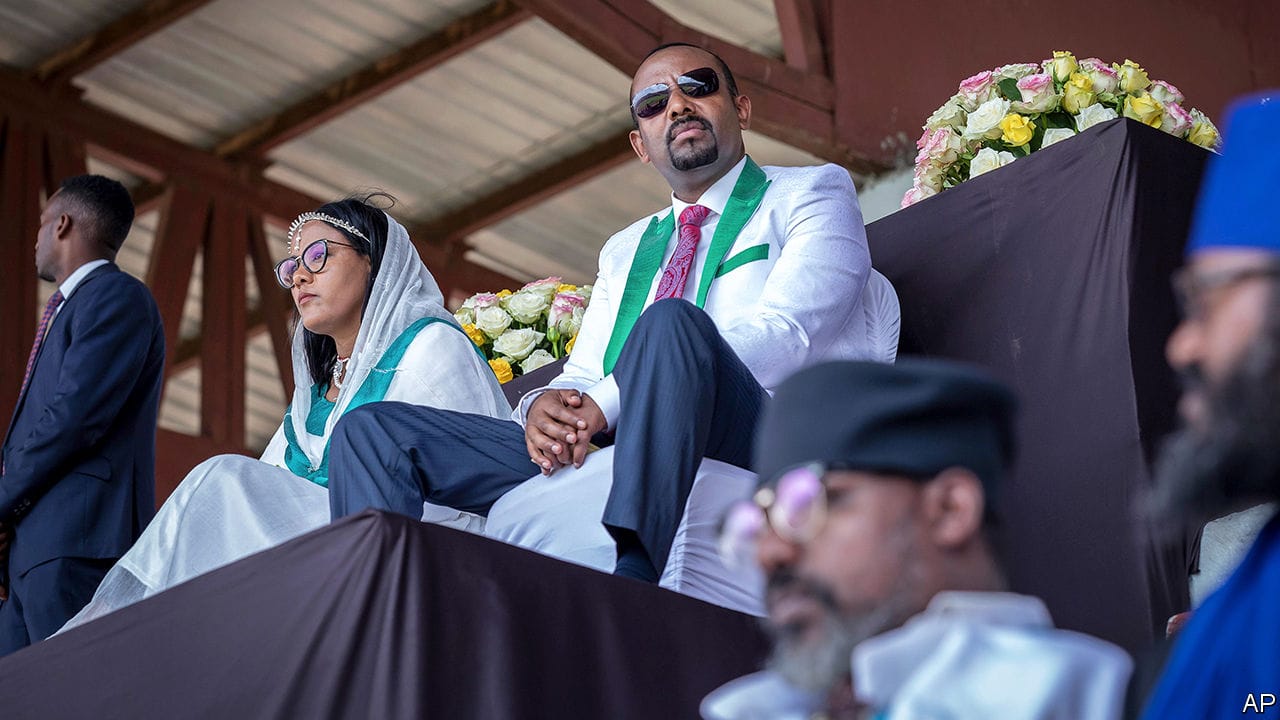- by MAJDAL SHAMS
- 07 28, 2024
-

-
-
Loading

Loading

KHALID JEMAL, a merchant from the western Ethiopian town of Agaro, is no stranger to elections. The poll on June 21st will be his fourth as an opposition candidate—and, barring divine intervention, his fourth successive defeat. Since 2010, when the ruling party and its allies won all but two parliamentary seats, Khalid has had the misfortune of standing against Abiy Ahmed, then an up-and-coming party man and now the prime minister. “I’m proud he’s from here and I respect him,” he told in an interview held not in his office, but in one belonging to the ruling Prosperity Party—and with an attentive official of that party taking notes.Abiy took office three years ago, after massive protests forced his predecessor to resign. Ever since, government officials have talked up elections (originally scheduled for 2020) as a salve for the country’s divisive politics and bitter ethnic cracks. According to the prime minister, this will be the most credible vote in Ethiopian history. Given that the country has never had an election in which the incumbent did not claim victory, that is a low bar. Unfortunately the coming poll may not clear it. In some places the vote will be competitive: notably Addis Ababa, the capital, and parts of Amhara, the second-most populous region. But the overall result is not in doubt. For Abiy, who has said his mother prophesied that he would one day be king, it is less an election than a coronation.